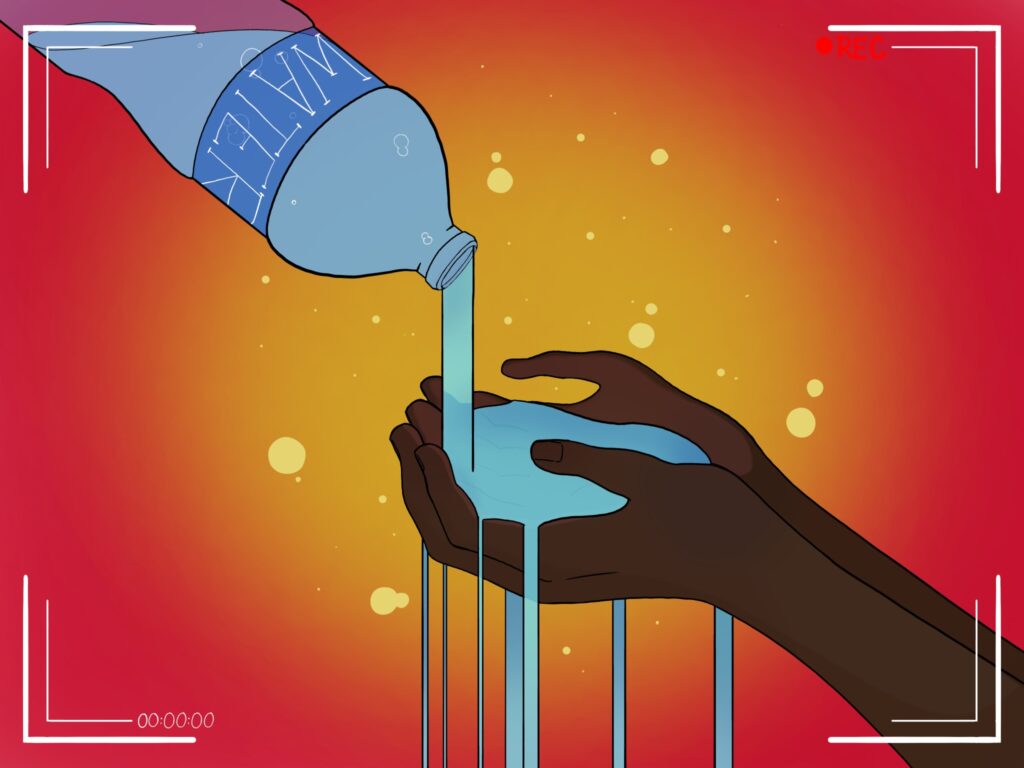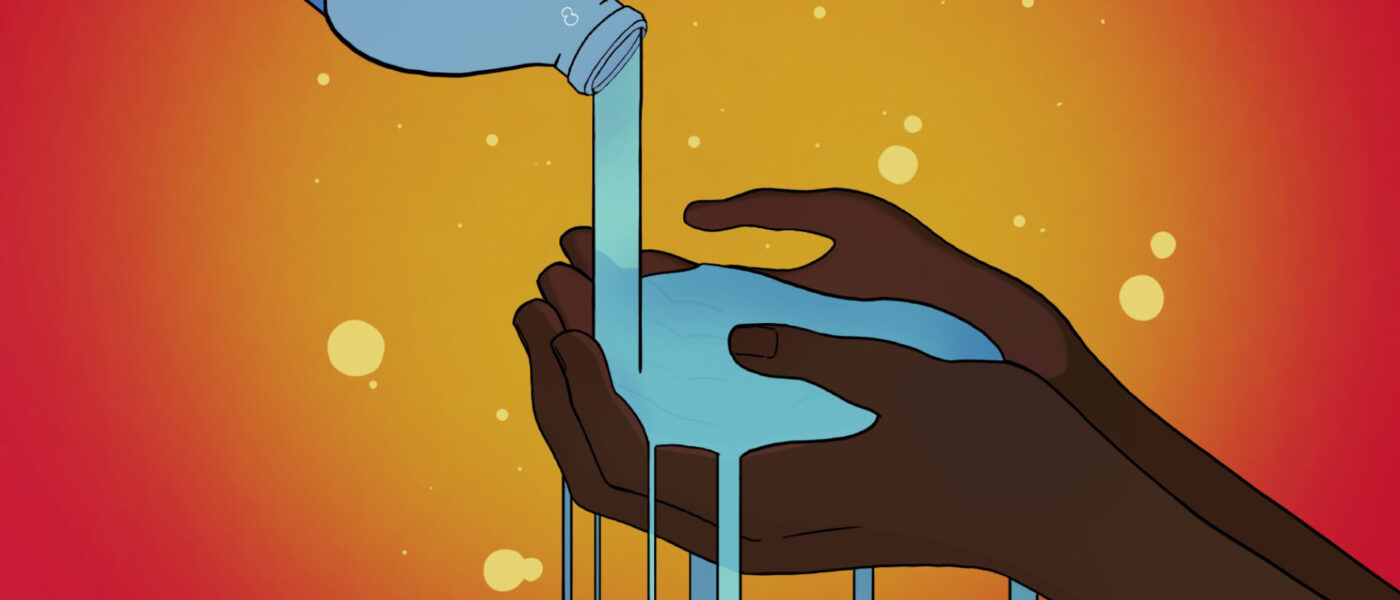Americans Lack Education About African Countries
Africa is not a country.
It’s the second largest continent in the world. Africa comprises of 54 nations, more than 1.4 billion people and nearly 2000 languages.
Yet, western ignorance about African people has been prevalent for years. People often group them into one category: poor, starving and not having access to water.
Most people can’t name five African countries or point to one on a map. As someone whose parents were born in Nigeria, that is disappointing.
History and civics are taught in U.S. schools, but geography is not taken as seriously, according to the Thomas B. Fordham Institute.
Aside from the lack of geographical knowledge, people are ignorant of Africa as a whole.
Charity Ekezie, a Nigerian content creator, who regularly posts short videos on YouTube about her lifestyle, is using sarcasm to combat ignorance.

In one video, a user asks if there are toothbrushes in Africa, which was a little concerning.
Ekezie humorously responds by stating that people in the continent use the tails of lizards to brush their teeth. Meanwhile, three children can be seen in the background of the video using toothbrushes to clean their teeth.
Another video tackles the question of whether there is water in Africa. Ekezie responds with a flat no, stating that Africans drink saliva instead as a stream of running water pours out of a faucet in the background.
The media plays a big part in perpetuating these ridiculous stereotypes because they rarely show Africa in a positive light. Most news reports show impoverished and underdeveloped areas. Meanwhile, neighborhoods and cities with more employment and wealth, such as Cape Town in South Africa, Port Louis in Mauritius and Lagos in Nigeria, are rarely broadcast.
There is even less awareness about African conflicts. Ongoing genocides in the Democratic Republic of Congo and Rwanda have not received much news coverage.
Although the Washington Post and The Guardian feature articles depicting these atrocities, well-known media outlets fail to give the same amount of coverage to African issues.
Smaller organizations such as Deutsche Welle, a German international news outlet, and Voice of America, an international radio broadcaster based in New York, are the ones who pay attention.
Kalev Leetaru, an American senior board member at the George Washington University Center for Cyber and Homeland Security, asked his readers, “Does the relative lack of U.S. news coverage of areas like Africa reflect systematic media bias—or are Americans simply uninterested in those parts of the world?”
Despite economic hardships and political turmoil, education and technological advancement have grown in Africa.
The United States, like other western nations, must get rid of their bias and generalized perceptions of African countries. One nation’s experience does not speak for all of them.

